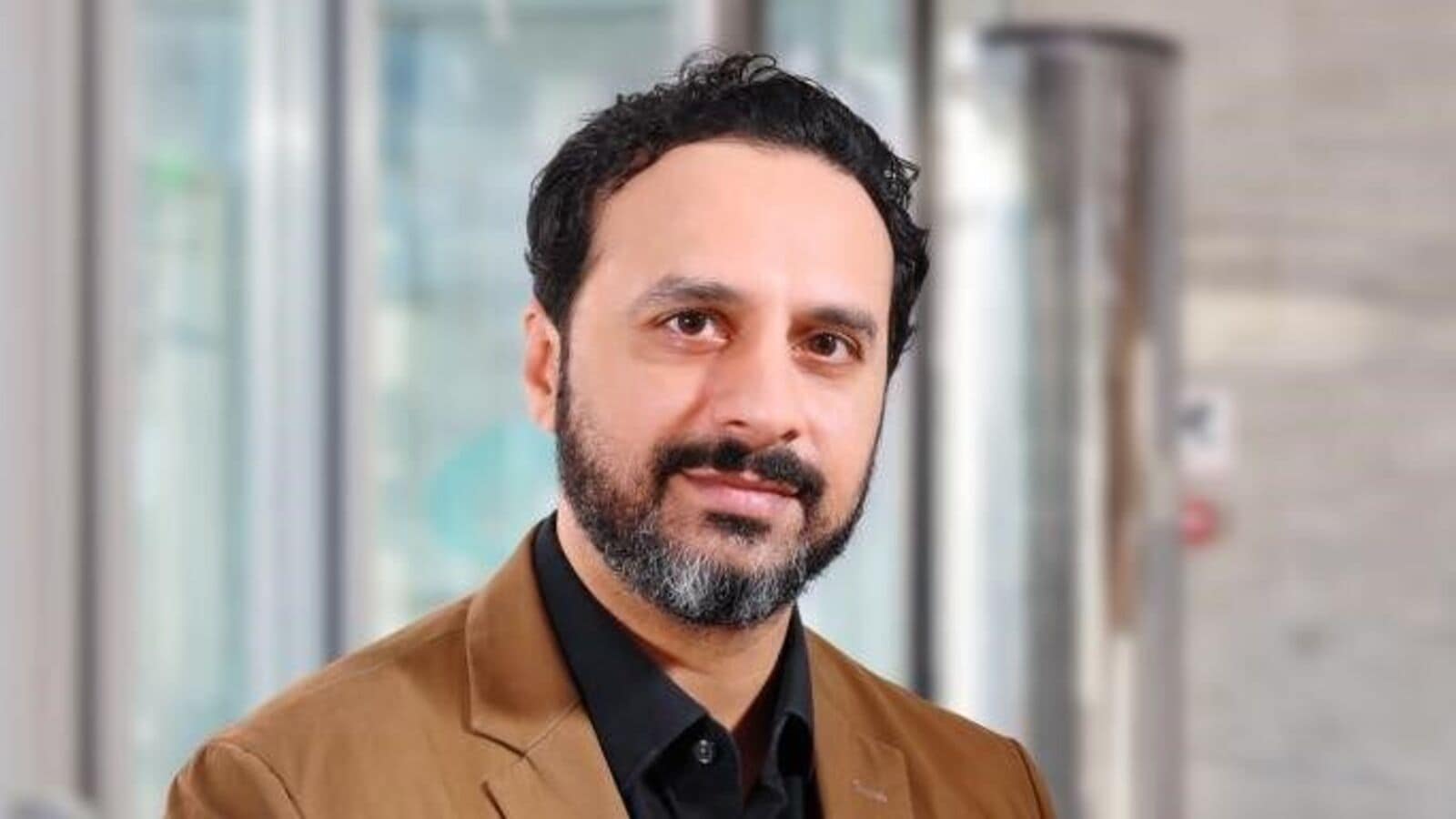As the Central Consumer Protection Authority (CCPA) cracks down on surrogate advertising, where liquor brands promote non-alcoholic products to market alcohol, Varun Koorichh, vice president, marketing and head of prestige portfolio, Diageo India, says: The company follows all regulations and markets its products responsibly. In a conversation with MintKoorichh shares insights on Diageo’s marketing strategy, its purpose-driven brand approach and how the company stays ahead in India’s changing alcohol market. Edited excerpts.
What has it been like for you to transition from a very unrestricted category like Pepsi to one with as many limitations as alcohol?
At first the transition was frustrating. In this category, there are many restrictions – dark media, so to speak. But when you look at the evolving media landscape, traditional advertising, like 60-second ads, is fading. Today, digital channels and influencers drive marketing, and alcohol brands, especially in India, are ahead in this game. We focus more on experiential marketing, public relations (PR) and promotion. At the point of sale, both on and off premises, it’s all about getting people to interact with the product, which feels like a return to old-school marketing.
How do you balance restrictions on alcohol advertising while still reaching your audience?
Although the marketing of alcohol is restricted, we can still use three of the classic four Ps: product, price and place. We focus on experiential marketing and let the product speak for itself. Alcohol consumers are more involved than in categories like Pepsi. They pay for quality and want to partner with brands that resonate with their values. Our marketing reflects that, whether through promotion or creating meaningful brand experiences.
Also read | ‘The future of beauty is personalized, sustainable and powered by AI’
Advertising of substitutes has come under scrutiny. How do you manage this at Diageo?
We do not consider our brand extensions as substitute advertising. These are legitimate business extensions into adjacent categories. We fully comply with all advertising regulations. In fact, after three years of launching a brand extension, we can only spend up to 50% of its revenue on advertising, and we monitor that closely.
(The Advertising Standards Council of India Code states that the advertising budget for a brand extension should not exceed 200% of the sales volume in years one and two after launch, 100% in the third year, 50% in the fourth year and 30% thereafter).
How are you addressing the growing demand for inclusivity in advertising?
We have moved towards a decisive brand positioning. Inclusion is fundamental to this, whether representing people with different abilities, women or LGBTQIA+ communities. For example, we recently launched a campaign for McDowell’s with Kartik Aaryan, where he learns sign language for his friend. We even took over major Indian newspapers with sign language advertisements to spread this message.
What role do influencers and digital play in your marketing strategy?
Influencers and digital platforms are crucial. Approximately 50% of our marketing budget goes to events and 30% to digital, which includes influencers. For mass brands like McDowell’s and Royal Challenge, we still need to reach a wide audience, which is why mass media like television and film are still important. But digital and influencer marketing helps us engage with younger consumers in a more meaningful and authentic way.
Could you break down the key brands in Diageo’s prestigious portfolio and their positioning?
Our prestigious portfolio includes some of India’s most well-known and trusted brands. We have McDowell’s No. 1, the best-selling whiskey in the world, Royal Challenge, Signature and Antiquity. Each brand serves different consumer segments, but shares a common focus on quality and heritage. McDowell’s is our flagship brand, known for its rich heritage and mass appeal. Royal Challenge is synonymous with daring and is closely associated with cricket and sportsmanship. The firm leads the sustainability space, with campaigns focused on nature and craftsmanship. Antique represents refined luxury, aimed at the upper echelon of whiskey drinkers. We also recently introduced Royal Challenge American Pride (RCAP) to serve premium consumers seeking innovation and quality. Each brand plays a critical role in meeting the diverse needs of our consumers while reinforcing Diageo’s leadership in the premium segment.
Also read | Striking a balance between inclusion and entertainment in advertising
Does premiumizing McDowell’s carry the risk of cannibalizing your mid-tier portfolio?
Not precisely. The alcohol market in India is growing rapidly and there is room for everyone. McDowell’s is the world’s best-selling whiskey, with a 125-year legacy. Going premium was a natural move because today’s consumers are looking for quality, experimenting with different options and adopting new-age brands that reflect their identity.
How do you manage distribution challenges in states with different policies?
We comply with government regulations in each state and adjust our strategies accordingly. Prices and policies may vary, but consumption continues and we guarantee compliance. Diageo is committed to responsible marketing and educating consumers about responsible drinking through programs such as our ‘Drink Better, Not More’ initiative.
Sustainability is increasingly important to consumers. What is Diageo doing in this space?
Sustainability is key to our brand, particularly with Signature leading our sustainability efforts. Our campaigns, like the unique Mangrove Restoration Project in Odisha, reflect our commitment to protecting nature. We’re always looking for ways to align our brands with sustainable practices, ensuring we don’t just talk the talk but take action.
Disclaimer:
The information contained in this post is for general information purposes only. We make no representations or warranties of any kind, express or implied, about the completeness, accuracy, reliability, suitability or availability with respect to the website or the information, products, services, or related graphics contained on the post for any purpose.
We respect the intellectual property rights of content creators. If you are the owner of any material featured on our website and have concerns about its use, please contact us. We are committed to addressing any copyright issues promptly and will remove any material within 2 days of receiving a request from the rightful owner.

